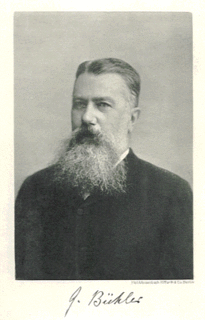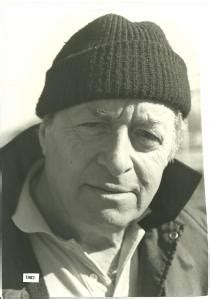A Quote by Truman Capote
I feel that all a writer has is his own experience.
Quote Topics
Related Quotes
The process of writing can be a powerful tool for self-discovery. Writing demands self-knowledge; it forces the writer to become a student of human nature, to pay attention to his experience, to understand the nature of experience itself. By delving into raw experience and distilling it into a work of art, the writer is engaging in the heart and soul of philosophy - making sense out of life.
It looks like the writer is telling you a story. What the writer is actually doing, however, is using words to evoke a series of micromemories from your own experience that inmix, join, and connect in your mind in an order the writer controls, so that, in effect, you have a sustained memory of something that never happened to you.
The writer walks out of his workroom in a daze. He wants a drink. He needs it. It happens to be a fact that nearly every writer of fiction in the world drinks more whisky than is good for him. He does it to give himself faith hope and courage. A person is a fool to become a writer. His only compensation is absolute freedom. He has no master except his own soul and that I am sure is why he does it.
Unless a writer lives with a periodic delusion of his greatness, he will not continue writing. He must believe, against all reason and evidence, that the public will experience a catastrophic loss if he does not complete his novel. The public is just clamoring to give him his fame. From the book Dare to be a Great Writer: 329 Keys to Powerful Fiction by
Writers are outsiders, and usually not by their own choosing. It’s why they’re writers. If they didn’t feel alienated from human experience, they wouldn’t feel so drawn to writing to make sense of their lives. It’s not the outsider’s facility for language that makes her a writer — many a student body president or homecoming queen can turn a phrase — but her ability to howl at the moon, on the page.
I feel that, in a sense, the writer knows nothing any longer. He has no moral stance. He offers the reader the contents of his own head, a set of options and imaginative alternatives. His role is that of a scientist, whether on safari or in his laboratory, faced with an unknown terrain or subject. All he can do is to devise various hypotheses and test them against the facts.
Ownership by delegation is a contradiction in terms. When men say, for instance (by a false metaphor), that each member of the public should feel himself an owner of public property-such as a Town Park-and should therefore respect it as his own, they are saying something which all our experience proves to be completely false. No man feels of public property that it is his own; no man will treat it with the care of the affection of a thing which is his own.






































